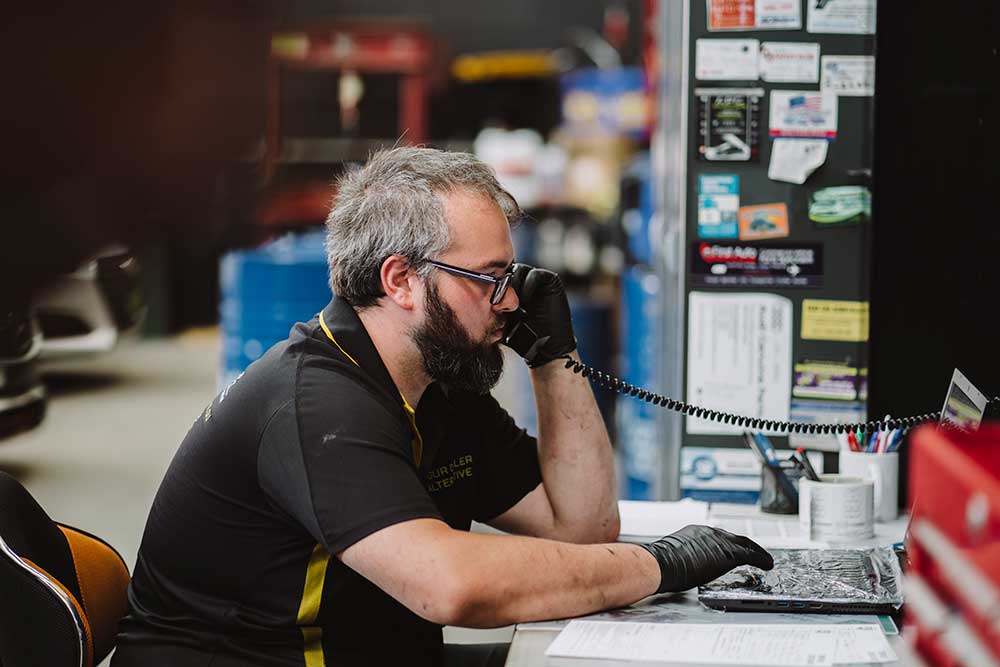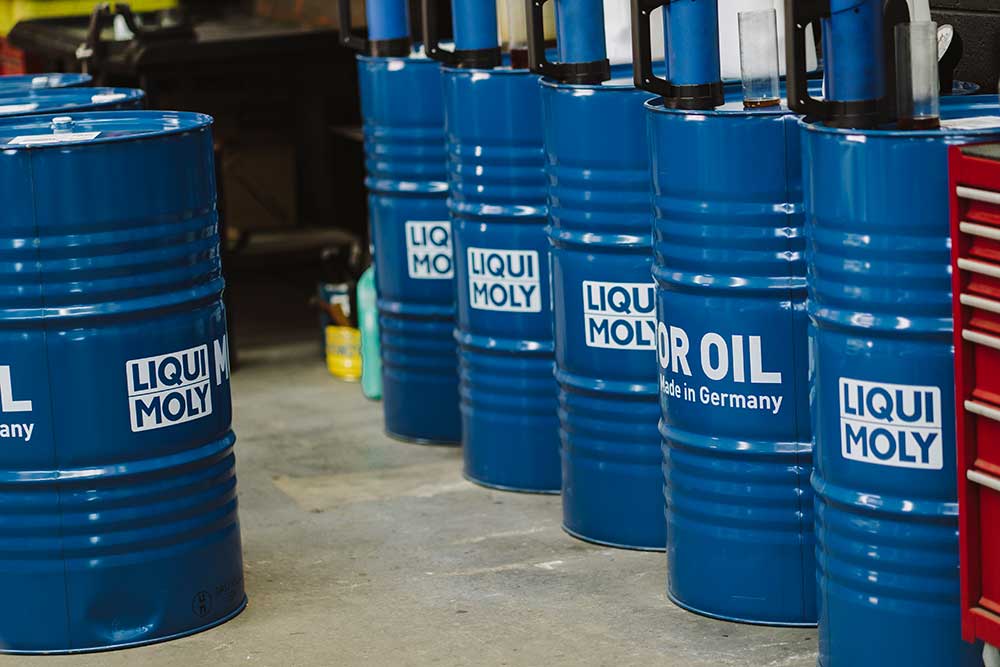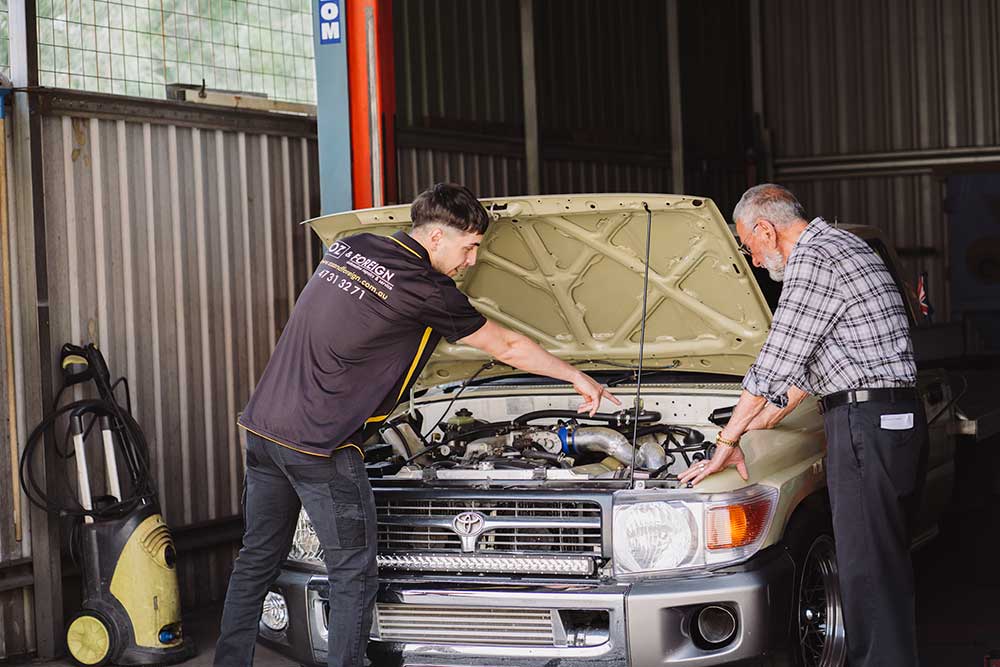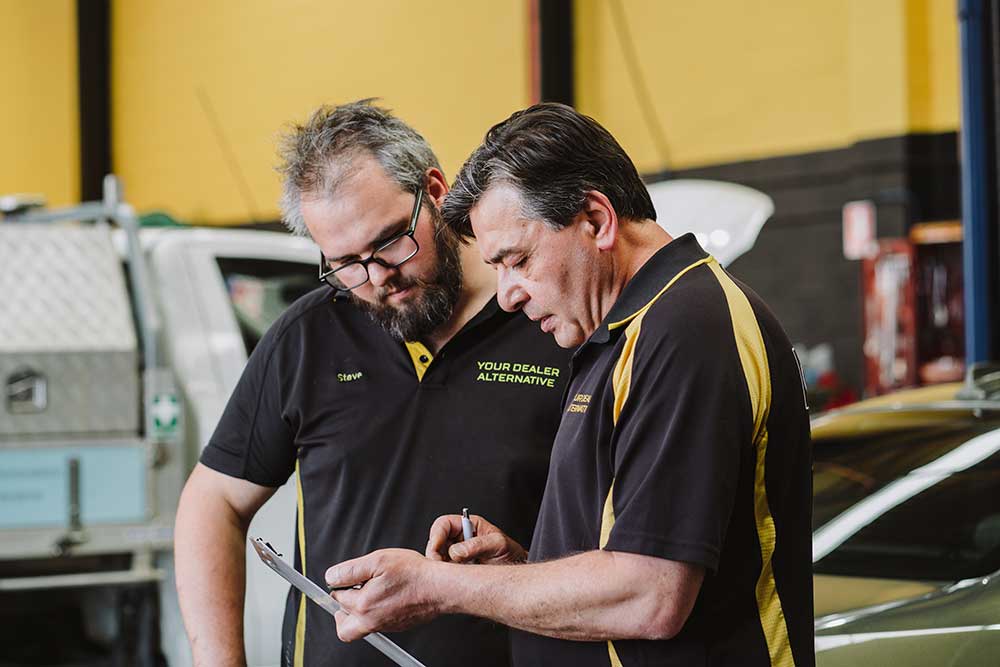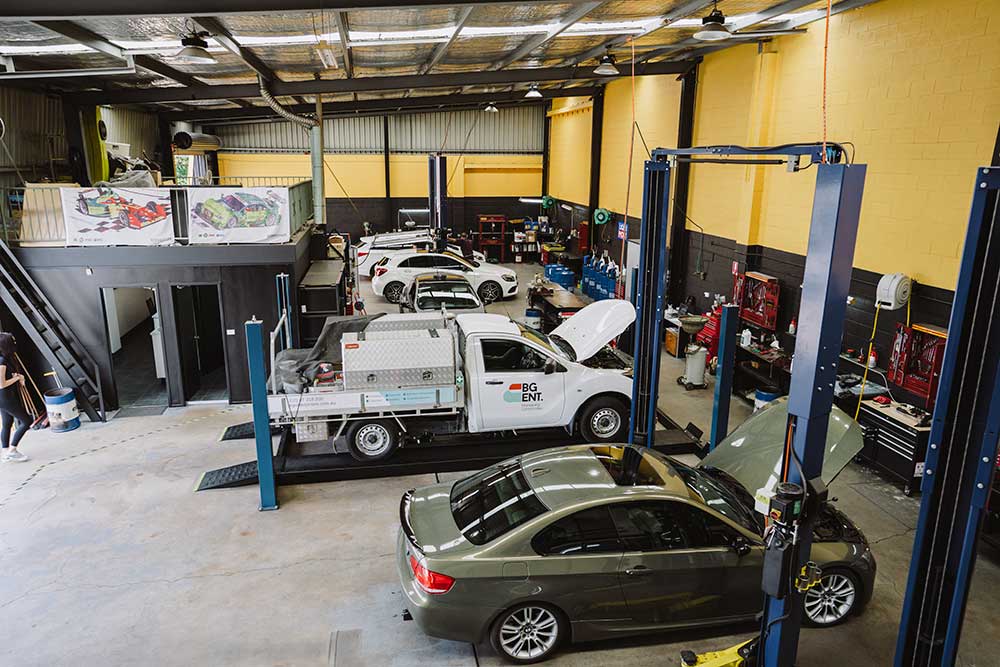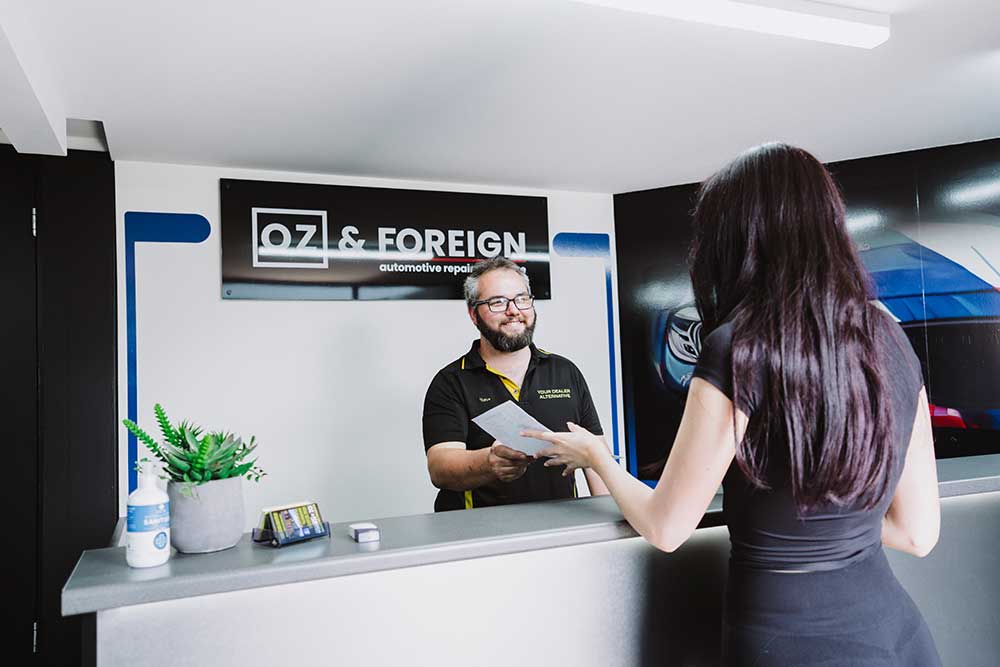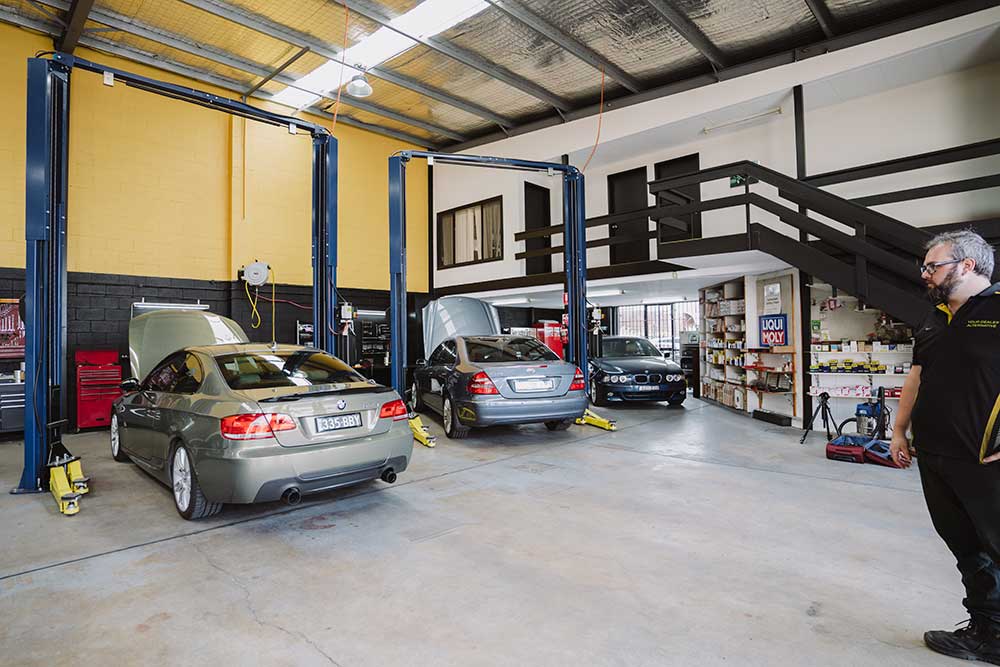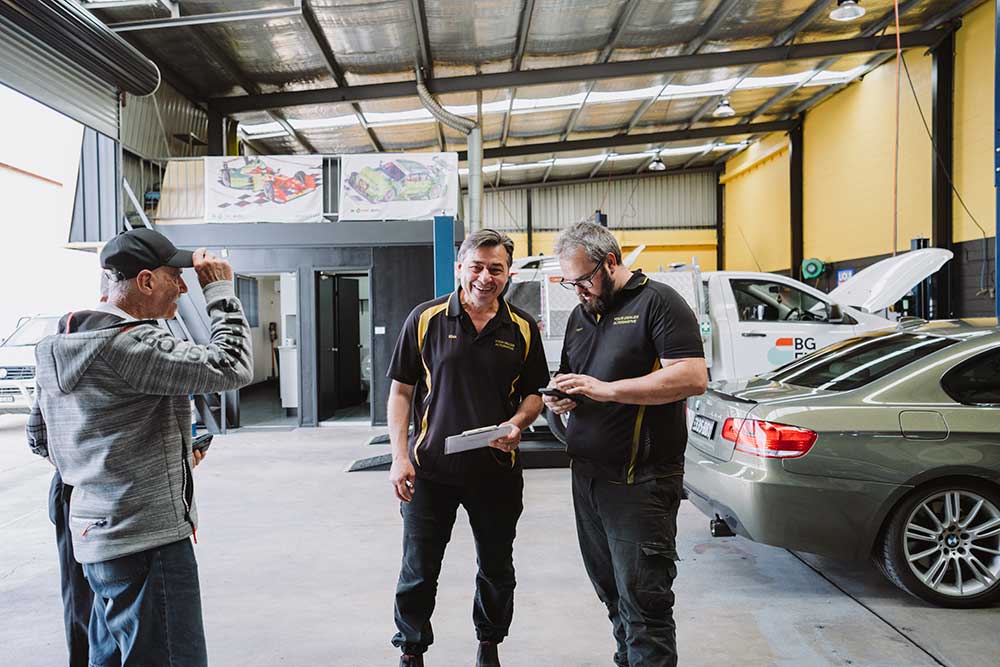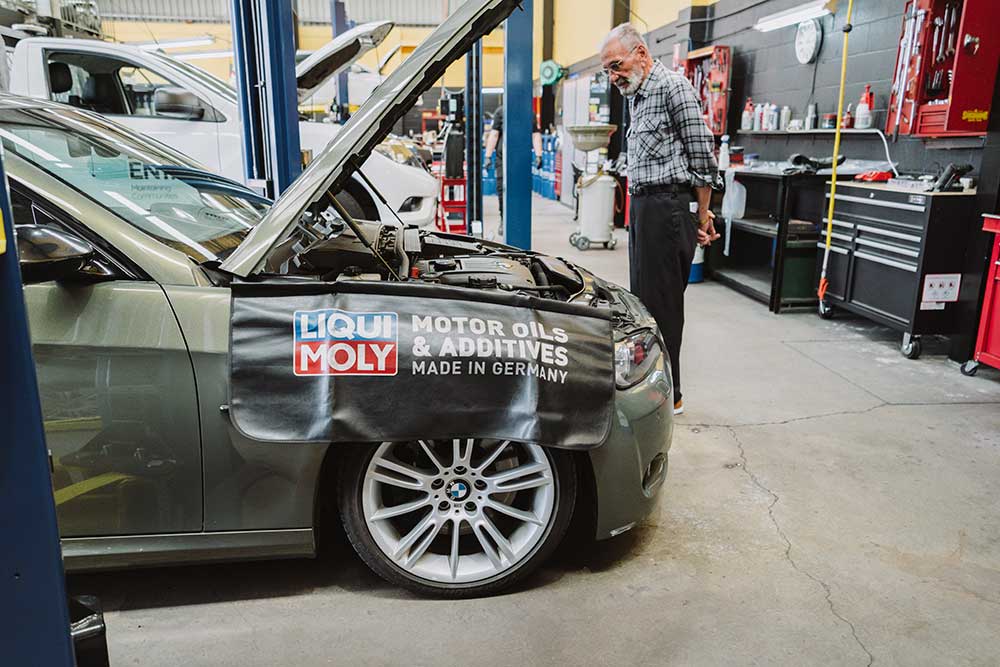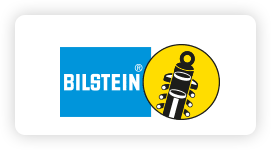
Regular car maintenance is essential for keep your car running smoothly and can save you money in the long run. By following these expert tips, you will ensure that your car stays in optimal condition, avoiding costly repairs and improving overall performance.
Tip 1: Regular Oil Changes for Keep Your Car Running Smoothly
- It is crucial to prioritize regular oil changes to keep your car running smoothly.
- The frequency of oil changes depends on the manufacturer’s recommendations and the type of oil used.
- Choosing the right oil for your car ensures optimal lubrication and engine protection.
Tip 2: Keep Your Tires in Good Condition
- Regularly check tire pressure and tread depth to maintain safe and efficient driving.
- Utilize a tire pressure gauge to ensure your tires are properly inflated.
- Monitor tread depth and consider rotating tires to promote even wear.
- Balancing and aligning tires will enhance stability and prevent uneven wear.
Tip 3: Regularly Inspect and Replace Fluids
- Checking and replacing vital fluids such as coolant, brake fluid, and transmission fluid is crucial for optimal performance.
- It is important to know how to properly check fluid levels to identify any potential issues.
- Follow manufacturer recommendations on when and how to replace fluids to avoid damage to vital components.
Tip 4: Maintain a Clean Air Filter
- A clean air filter is essential for optimum engine performance and fuel efficiency.
- Regularly check and replace the air filter to prevent dust and debris from entering the engine.
Tip 5: Check and Replace Worn-out Belts and Hoses
- Inspecting belts and hoses is necessary to prevent accidents and breakdowns.
- Look for signs of wear such as cracks or fraying and replace them promptly to avoid further damage.
Tip 6: Regularly Inspect and Replace Brakes
- Identifying signs of worn-out brake pads and rotors is crucial for your safety.
- Learn how to properly inspect and maintain your brakes.
- Seek professional help when necessary to ensure proper brake function.
Tip 7: Keep Your Battery in Good Shape
- Recognize signs of a weak battery, such as slow cranking or dim lights, to prevent unexpected breakdowns.
- Extend battery life by keeping terminals clean and avoiding excessive drain.
- Replace the battery when it can no longer hold a charge effectively.
Tip 8: Properly Maintain the Cooling System
- The cooling system plays a vital role in preventing engine overheating.
- Regularly check and maintain the radiator and cooling components.
- Be aware of signs of cooling system issues, such as overheating or coolant leaks.
Tip 9: Follow the Manufacturer’s Maintenance Schedule
- Following the recommended maintenance schedule ensures that your car receives timely services to avoid major issues.
- Neglecting maintenance can lead to costly repairs in the future.
Tip 10: Practice Safe Driving Habits
- Safe driving habits contribute significantly to the longevity of your car.
- Avoid aggressive driving, which can strain the engine and wear down components.
- Minimize excessive idling as it wastes fuel and puts unnecessary strain on the engine.
Summary
In conclusion, regular car maintenance is essential for keeping your vehicle running smoothly and saving money. By following these ten expert tips, you can ensure the longevity of your car and avoid costly repairs. Remember to prioritize things like regular oil changes, tire maintenance, fluid checks and replacements, clean air filters, and proper brake inspection. Additionally, maintaining your battery, cooling system, and following the manufacturer’s maintenance schedule and safe driving habits will contribute to a well-functioning vehicle.
FAQs
The frequency of oil changes varies depending on the manufacturer’s recommendations and the type of oil used. It is best to consult your car’s manual or an automotive professional for specific guidelines
Some fluid checks and replacements can be done by car owners, but it is important to follow proper procedures and safety precautions. If you are unsure, it is best to consult a professional mechanic.
Signs of worn-out brake pads may include squeaking or grinding noises, reduced braking performance, or a pulsating brake pedal. If you notice any of these signs, it is crucial to have your brake pads inspected and replaced if necessary.
The average lifespan of a car battery is typically around 3 to 5 years. However, this can vary depending on various factors such as climate and usage patterns. It is advisable to have your battery tested regularly and replaced when it shows signs of weakness.











